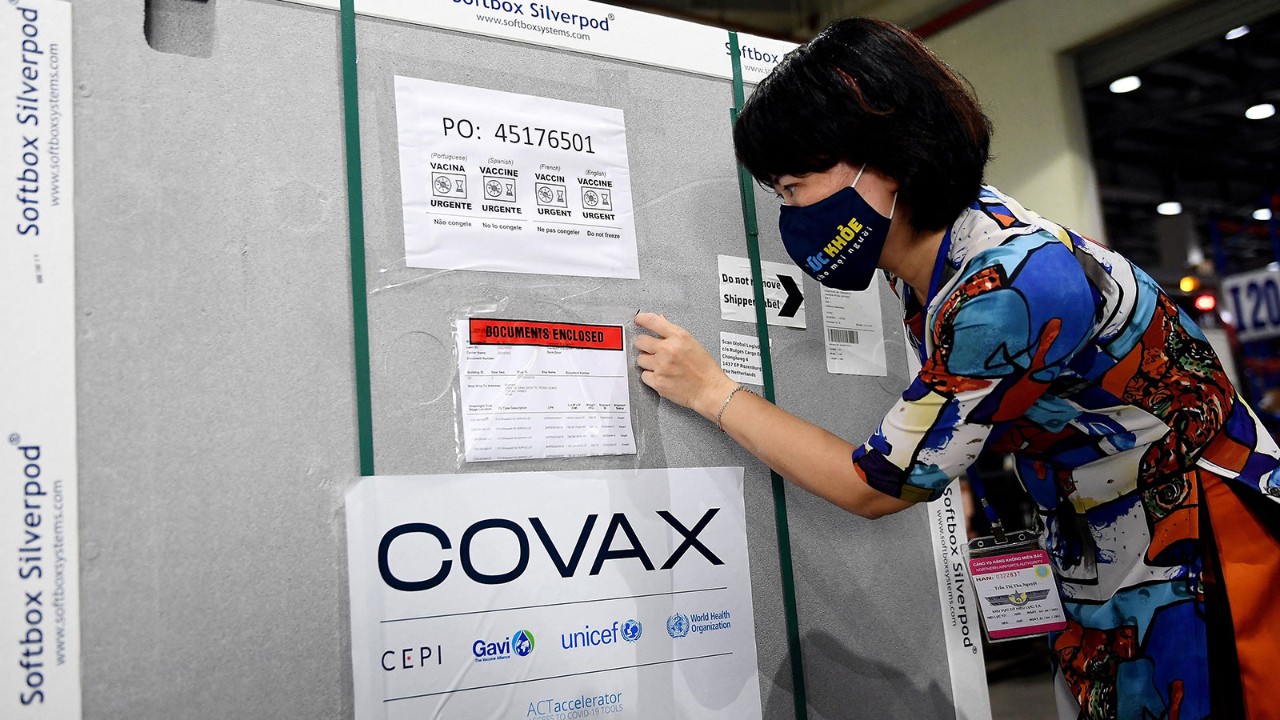
The ongoing Covid-19 pandemic has taught us all much about the power of collectivity. While certain of its lessons have proven bitter pills to swallow – that, against our instincts, we should resist gathering; and the stark reality that we’re not out of this until we all are – others have been inspirational. In particular, the coming together of cross-sector organisations to deliver solutions and relief in the face of the greatest public health crisis in living memory has shown the strength of collaboration.
The crisis has proven an opportunity to imagine new forms of creative collaboration that redefine social responsibility for an era as globalised as it is uncertain
With a wide-reaching toolkit at their disposal, accountancy firms make an attractive partner for not just the innovative alliances born of the coronavirus crisis, but also future ones that may prove effective in tackling everything from climate change to social justice.
Illustrative of precisely this collaborative approach is the recently formed Global Task Force on Pandemic Response. The task force is spearheaded by the US Chamber of Commerce and the US CEO association Business Roundtable, and works with the US-India Business Council (USIBC) and US-India Strategic Partnership Forum. Deloitte is among the coalition of 40 partner organisations coming together with the task force to deliver resources to areas of the world hit hardest by Covid-19. Its initial focus is India, which is still experiencing a devastating wave of the virus.
Partnership benchmark
‘The formation of a task force at this scale has reinforced both countries’ commitment to fight the pandemic together, setting a rather high benchmark for public-private partnership,’ says Nisha Biswal, USIBC president and senior vice president for South Asia at the US Chamber of Commerce. ‘Truly an unparalleled effort by corporate America, going forward, the Global Task Force on Pandemic Response aims to support other hotspots beyond India, making it a unique proposition both in terms of reach as well as government cooperation.’
To date, the task force has installed some 300 ventilators in the city of Haldwani; delivered 4,850 oxygen concentrators to 31 states, territories and government agencies; and launched the Chief Human Resources Officer India Action Group to share best practices for businesses supporting colleagues in India at this time.
Harnessing the power of collaboration during the Covid-19 pandemic continues to deliver impact, particularly in the field of healthcare and equality
From the delivery of everything from contact tracing apps to vaccines, public-private partnerships continue to be an important form of collaborative agreement for tackling the pandemic. Done correctly, they are a valuable means for the private sector to lend specific expertise and modes of operation for the greater good.
Forum for good
An instrumental backbone and incubator to some of the most impactful partnerships– including vaccine alliance Gavi and the Coalition for Epidemic Preparedness Innovations – is the World Economic Forum, which in February 2020 convened a spectrum of stakeholders to form the Covid Action Platform.
‘This community was the definition of public-private cooperation,’ explains Genya Dana, the forum’s head of health and healthcare. ‘At the beginning of the pandemic, we saw public and private sectors step up and coordinate to help where they could. For example, Unilever donated sanitiser, soap, bleach and food worth €100m to the world’s neediest, using the platform to partner with like-minded companies. Johnson & Johnson gave US$50m to support frontline healthcare workers. The forum also assembled the top 3D printing companies into one community to identify ways to better coordinate growing demand for PPE.’
Corporations have a responsibility, says Dana, to work with governments and civil society to address the big global challenges while protecting public health and growth.
‘Our Davos Manifesto 2020 calls for a shared commitment to policies and decisions that strengthen long-term prosperity,’ she says. ‘Companies should serve not only shareholders, but also stakeholders – employees, customers, suppliers, local communities and society at large.’
Harnessing the power of collaboration during the Covid-19 pandemic continues to deliver impact, particularly in the field of healthcare and equality. Moving forward, these pillars of ESG metrics – investment tools to measure environmental, social and governance performance – must become a focus of businesses if we are to collectively mitigate the impact of not just ongoing and future health crises, but also other interlinked global issues such as climate change (see box below).
Accountancy action
Accountancy firms also have a role to play. In addition to its role within the task force, Deloitte supported the design of the Sanjeevani Pariyojana – or ‘life project’ – initiative with the government of Haryana, India. A virtual triage programme aimed at helping manage mild to moderate Covid-19 symptoms at home, it aims to preserve hospitals’ capacity to treat more serious cases. And, in the US, EY collaborated with Microsoft to launch the EY Vaccine Management Solution to help federal, state and local governments manage the distribution of vaccines.
The crisis has proven an opportunity to imagine new forms of creative collaboration that redefine social responsibility for an era as globalised as it is uncertain. The innovative alliances entered into by accountancy firms – and across the private sector – extend beyond altruism; they are also aimed at injecting resilience into the very core of all of our businesses: global communities.
Commitment to change
In a significant step towards closer global alignment in protecting communities, in January 2021 more than 60 business leaders committed to the stakeholder capitalism metrics released by the World Economic Forum’s International Business Council. A common denominator for ESG metrics, they are the outcome of an unprecedented collaboration between Deloitte, EY, KPMG and PwC, which began in 2019.
‘The initiative has brought together for the first time a global, private-sector coalition pushing for international alignment of sustainability standards and reporting,’ explains Allison Bailey, the forum’s ESG lead.
‘As the project evolved, we heard from companies, investors and other stakeholders the increasing importance of consistency and comparability of ESG metrics in reporting materials,’ Bailey explains. Identified barriers to achieving this are the limited availability of timely and accessible data, and the need to build confidence in ESG and non-financial reporting.
Bailey adds: ‘Global accounting firms can play a critical role in helping to speed up the data processing while providing a reasonable level of assurance across all non-financial metrics and disclosures.’




